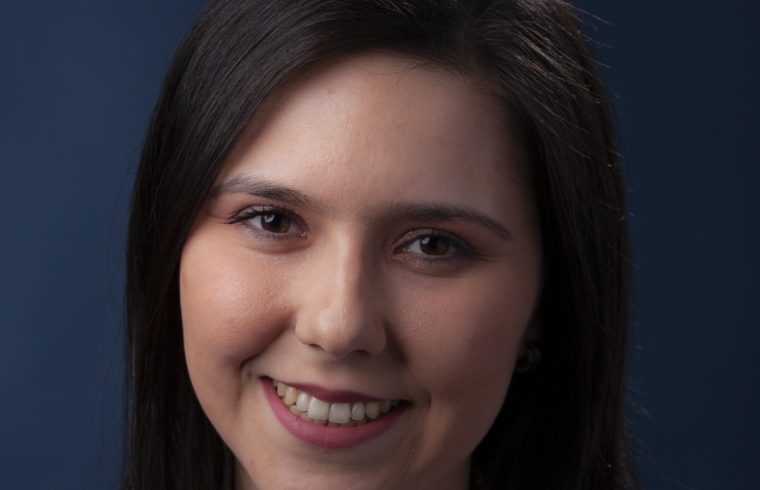Pedro Pierluisi, Puerto Rico’s first unelected governor in seven decades, said courts should determine whether he’s the rightful leader to replace Ricardo Rosselló, who officially resigned as governor on Friday.
“Although it is regrettable that this matter has to be solved in our courts, I hope that it will be treated with the greatest urgency and diligence for the good of the people of Puerto Rico,” Pierluisi said in a statement Sunday.
His remarks came after both San Juan Mayor Carmen Yulín Cruz and Senate President Thomas Rivera Schatz filed lawsuits, asking courts to immediately remove Pierluisi from his post and declare unconstitutional the law Rosselló cited to name him his successor.
Rosselló had chosen Pierluisi to fill the secretary of state vacancy left by Luis G. Rivera Marín, who resigned last month over his involvement in the chat scandal that led to Rosselló’s ouster.
While Puerto Rico’s House of Representatives confirmed Pierluisi’s appointment as secretary of state before taking his oath as governor, the Senate did not take a vote on the nomination last week, instead postponing it to this week.
Some lawmakers considered the House confirmation to be enough for Pierluisi to become the secretary of state and therefore the next in line to be governor as soon as Rosselló’s exit became official, but others, as well as legal groups, insist that Pierluisi needed the approval of both the House and the Senate.
“We are a people of LAW and ORDER. There is no circumstance that places someone above the Law,” responded Rivera Schatz on a Facebook post. “Those of us who genuinely believe in that, value it and defend it. As simple as that.”
Yulín Cruz filed her lawsuit on Puerto Rico’s highest court, “el Tribunal Supremo,” on Monday morning while Rivera Schatz filed his in a lower court in San Juan on Sunday night.
“The Court is currently in session to determine the processing of our claim, considering the urgent nature of the appeal presented by us today,” the mayor tweeted.
Rivera Schatz went to court after Pierluisi refused to attend a Senate hearing, scheduled for Monday, to discuss his appointment as the island’s secretary of state. Rivera Schatz canceled the hearing after Pierluisi voiced his refusal to attend.
Pierluisi held a press conference after being sworn in as Puerto Rico’s new governor during a private ceremony on Friday and said he was going to remain in office only if the Senate ratified him as governor this week. If not, he would resign.
On Sunday, he argued that because he had already been sworn as governor, “at this moment there is no Secretary of the State that is subject to the advice and consent of the Senate of Puerto Rico.”
In his statement, Pierluisi also insisted that he had not reversed his position.
The hearing to address Rivera Schatz’s lawsuit was scheduled for Monday at 6 p.m. ET.
Attorney Frank Torres Viada filed Yulín Cruz’s appeal on behalf of the municipality of San Juan challenging Pierluisi’s position as governor.
“It is the Supreme Court of Puerto Rico who directly has the constitutional duty to address this controversy,” Torres told reporters as he left court. “We are asking the court to issue a sentence depriving Pedro Pierluisi of the governor position he currently occupies to allow the continuation of the succession order,” as established by law.
When he stepped up as governor, Pierluisi explained his legitimacy by citing a part of the Puerto Rican Constitution that explains what’s supposed to happen if “a vacancy in the governor’s seat occurs.“
It establishes two key rules: The island’s secretary of state should become the new governor, and if the positions of governor and secretary of state are simultaneously vacant, “the law will determine which of the secretaries of government will occupy the position of governor.“
Puerto Rico’s resident commissioner and nonvoting member of Congress, Jenniffer González, helped draft the law of succession that states, “a secretary of state must occupy his position in property” in order to step up as the governor, suggesting that Pierluisi should have been confirmed by both the House and the Senate.
“The Constitution and the law of succession is very clear,” said González in a statement, adding that Justice Secretary Wanda Vázquez, who’s next in line for the governorship after the secretary of state, should be the new governor since Pierluisi was only confirmed by the House.
Before exiting, Rosselló cited this law to justify why Pierluisi was his rightful successor.
Rosselló explained that the law of succession González drafted incorporated a recommendation made by the island’s Department of Justice that “states that it will not be necessary for the secretary of state to have been confirmed to assume governance permanently” because “the constitutional text does not require confirmation and that, in case of emergency, such requirement should not be required.”
Groups like Puerto Rico’s ACLU chapter and Bar Association have also questioned the legitimacy of the process that led to Pierluisi being sworn in as governor.
“Laws cannot deviate from constitutional postulates, the intention of the Constitution’s authors and the current situation,” Puerto Rico’s Bar Association, which is looking into initiating a judicial process to challenge Pierluisi’s oath as governor, wrote in a statement.
“The Constitution is the document before which our rulers, legislators and judges are sworn in. It is imperative that we cling to it to preserve it; ignorance of the power of the Constitution is an act that causes great concern, particularly in these historic moments in which we live in Puerto Rico,” the ACLU said in a statement.
Follow NBC Latino on Facebook, Twitter and Instagram.












